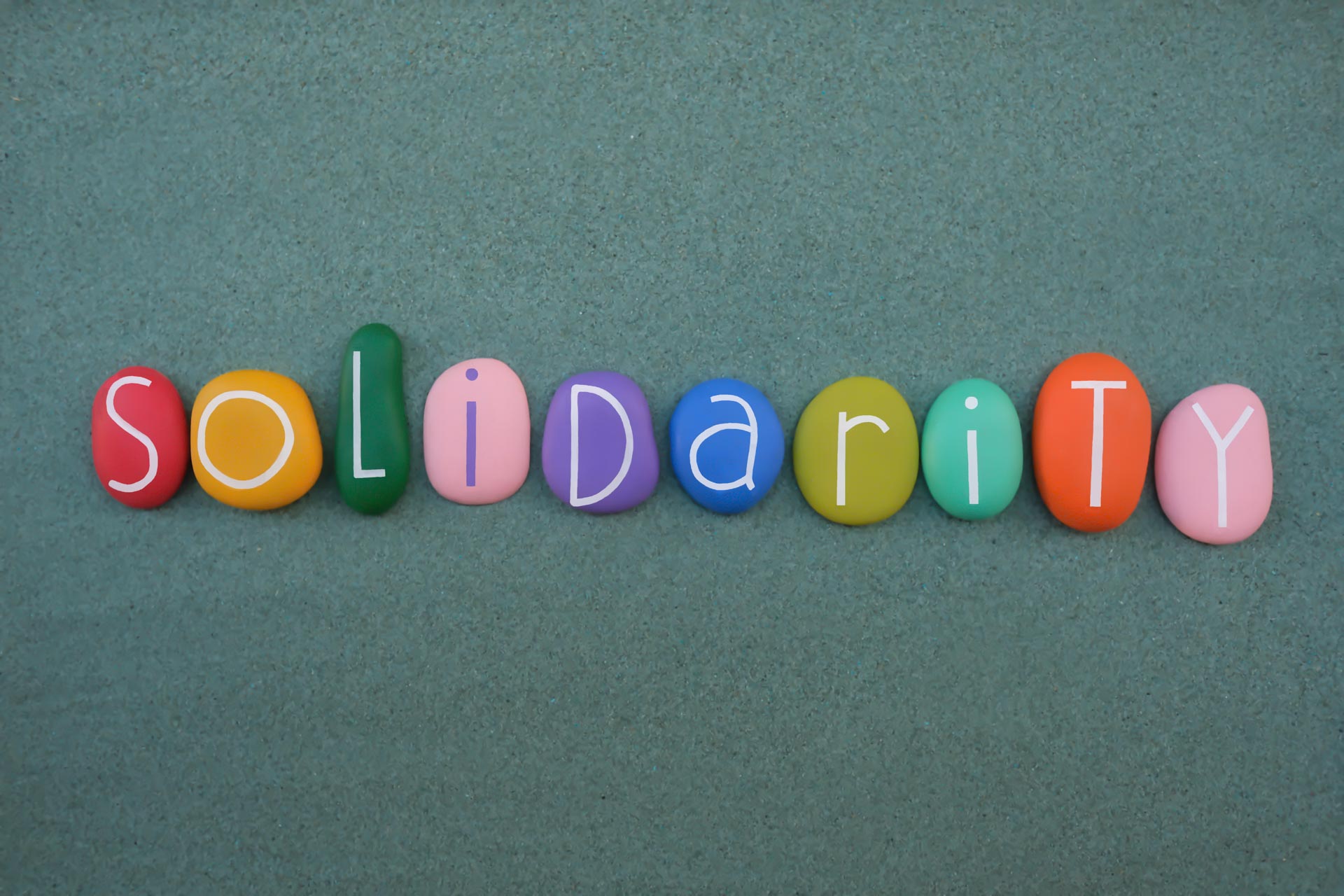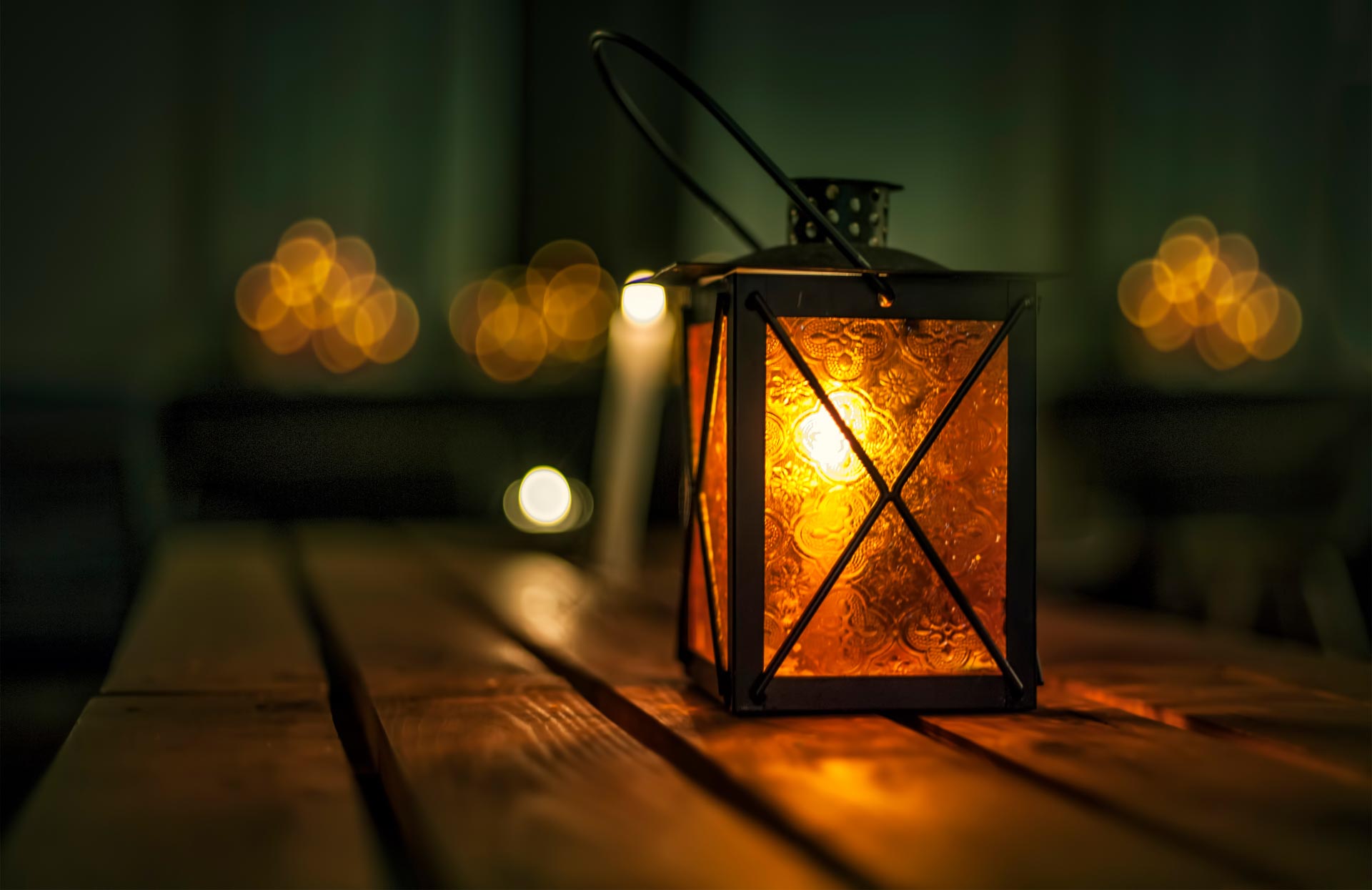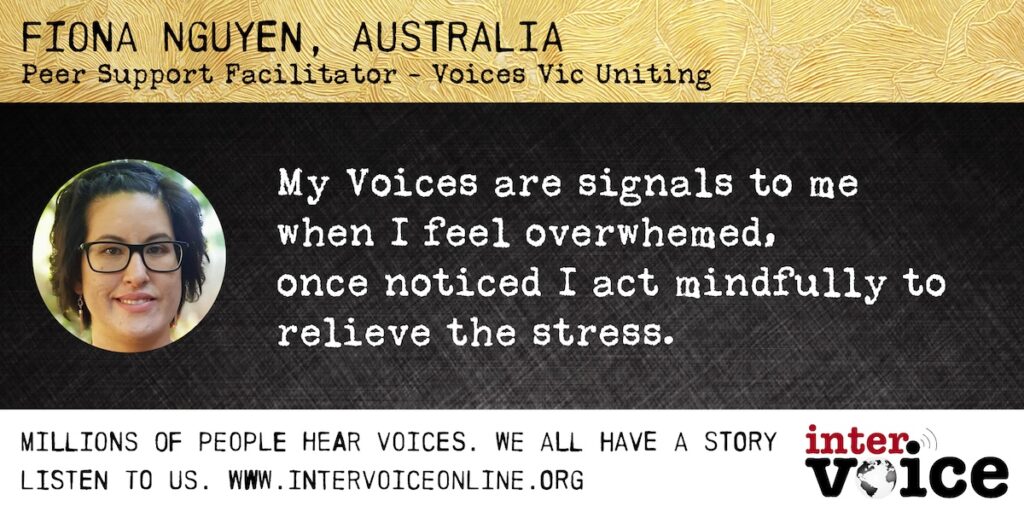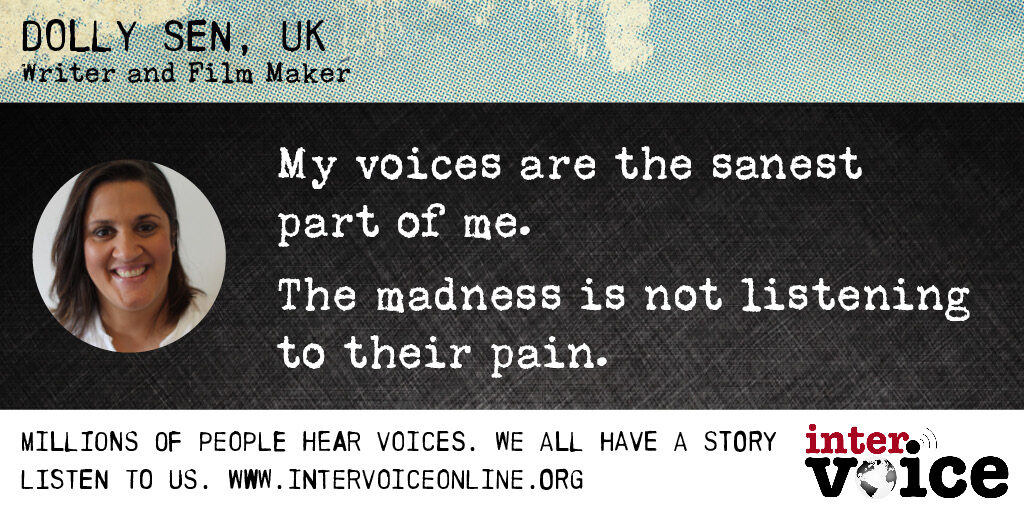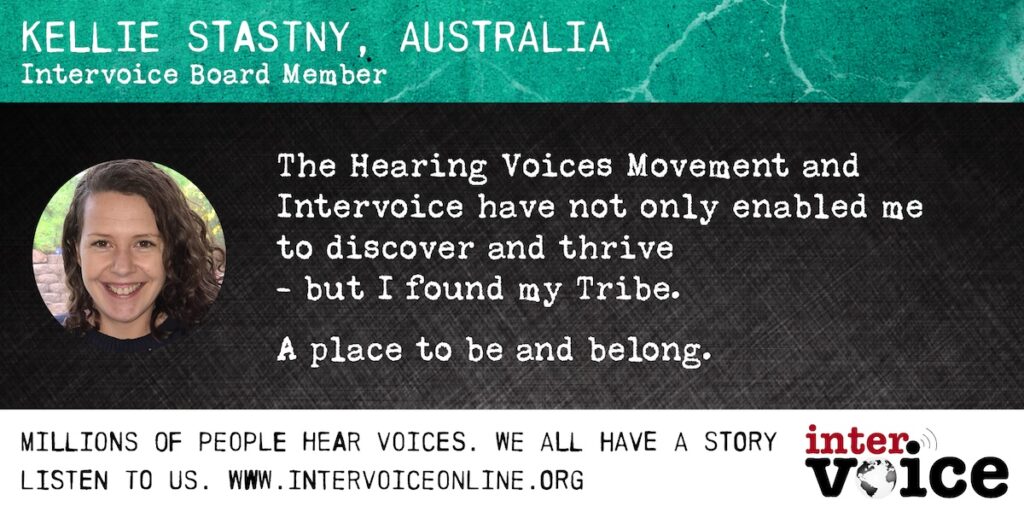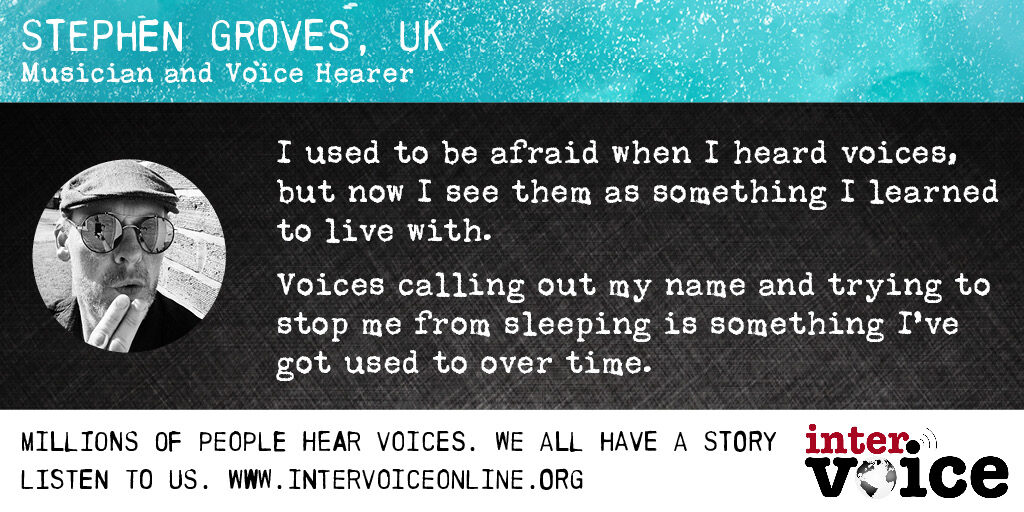By Robin Timmers
About This Report
On 2 and 3 September the 3rd world congress about hearing voices was held in Italy. After the 1st world congress in Maastricht in the Netherlands and the 2nd in Nottingham in the UK, this time people from all over the world gathered in Savona in the north east of Italy to learn more about hearing voices. People came from Argentina, Australia, Austria, Belgium, Denmark, Finland, France, Germany, Greece, Japan, Kenya, The Netherlands, Norway, The UK, Spain, Sweden, Swiss and the USA. Like every year there was an Intervoice meeting before the congress. This allowed the members of this worldwide hearing voice network to have the opportunity to meet and update each other about the developments in their country. The organizers had arranged for translators who translated from and to Italian, so everyone could understand what was being said.
The texts and slides of the presentations will be available soon via both the website of the congress (www.parlaconlevoci.it) and the Intervoice website (www.intervoiceonline.org).
I have tried to make a truthful report of the congress and take care of privacy sensitive information as good as possible. If there is something incorrect or lacking, I apologize. Please send your remarks to:[email protected]. Hope you enjoy this report, Robin
Download: 2011 Intervoice Meeting and Congress Report
Also See: Thursday 1st September Intervoice Meeting | Saturday 3rd September Congress Report
3rd Hearing Voices World Congress – Friday 2nd September
Cristina Contini (Italy)
Cristina opens the day in Italian. She notes that a lot of parents don’t know that their children hear voices. She explains that the last years there has come more information about Hearing Voices available, some of which will be presented at the congress. This information and the approach of the HV network will help us to talk more freely about hearing voices.
Recovery factors; or what helps and what doesn’t – Gail Hornstein (USA)
Gail Hornstein is a professor in psychology. The last 15 years she has gathered more then 900 first person stories of madness. She included only stories that have been published as books in English. So there are many more stories out there that don’t meet these criteria, for instance in other languages and thse published on the internet. The people in these stories have had every possible diagnosis, background, psychological treatment and economical situation. All these stories have one thing in common and that is: the belief in recovery. Gail read all these stories and looked at what factors helped these persons in their recovery. This is another approach then the evidence-based approach which is now dominant in science. In the latter approach people are being treated as objects that are randomly assigned to different conditions, like for instance a certain receiving a treatment or not. But people are not objects, their thoughts and feelings about the research influences the results of these studies. So Gail decided to look at the evidence from personal experience and testimony by compiling and studying this bibliography of madness. She found that there are 4 important factors that contribute to recovery:
- Being listened to
- Being believed
- An empathic witness of the suffering
- Being seen by at least 1 key person to become well again
This is important for everyone who want to recover or want to help someone else recover. So one need to be able to tell the story and find someone who listens uncritically. Trauma’s need to be acknowledged and integrated in the life history. And hope, conceiving of a life with less suffering, is necessary. What not helps is: being lied to or not being told the whole truth, not being believed or taken serious, and being told that you have a lifelong incurable disease. Unfortunately this is what still happens a lot in science and psychiatry. Gail’s research shows that this may lead to unfortunate selffulfilling prophecies. Gail told about a new law in the USA for which the Substance Abuse and Mental Health Administration was looking for a working definition of the concept of recovery. They had a poll in which one could choose among different options. With the help of Will Hall and Orex Cohen 1000 voters were organized who voted for the definition that eventually was accepted: A definition which emphases self-determination, respect, human relationships and optimism. Exactly the ingredients for recovery that Gail found. You can find the Bibliography of Madness on: www.mtholyoke.edu/acad/assets/Academics/Hornstein_Bibliography.pdf
Emancipatory pride as crucial factor in the recovery process – Cristiano Castelfranchi (Italy)
Cristiano Castelfranchi is a professor in cognitive and social psychology. In his talk he explains that pride can be a crucial factor in recovery and emancipation. When one achieves something, one can feel pride over that. Like when a child learns to walk. This is also true for achieving recovery. This pride helps to elevate ambition, self trust and self esteem and this can be a form of positive self fulfilling prophecy. This way one can find power within oneself and one doesn’t have to receive power from others. Shame is the opposite of pride and can have the opposite effects. Pride is a key element in every emancipatory movement, like for instance black pride, gay pride and now mad pride. Cristiano’s website: www.istc.cnr.it/createhtml.php?nbr=62.
Freedom as participation: an user led research on the recovery of voice hearers – Raffaella Pocobello & et al. (Austria and Italy)
Rafaella is writing a proposal for a user led research on voice hearing. Her motto is freedom as participation. She wants to investigate what recovery means for voice hearers, what is means to be involved in helping others to recover. In order to do that, they need to find a definition of recovery and find out what does and does not help recovery. Then policy needs to be changed to implement these findings. Rafaella notes that it is important that this information will be passed on to the next generations. She reminds us that Italy was the first country to close mental hospitals in the 70’s. unfortunately the knowledge and insights of that time are not passed on. Rafaella presented a protomodel, with 3 different views of recovery:
- Recovery is not possible (diagnosis with negative expectations, hopelessness, loss of power, acceptance of role as a patient, compliance)
- Recovery exists (surprise, belief revision, regain motivation, admiration, hope)
- Recovery happens (acceptance, responsibility, ownership, empowerment, mad pride, rehabilitation)
Paths To Recovery (parallel workshops)
In the afternoon of the first day of the congress workshops were given. Slides & info about the workshops will be posted soon at the website of the congress (www.parlaconlevoci.it) and the Intervoice website (www.intervoiceonline.org). I attended the workshop of Ros Thomas, Ann-Marie and Kelly. So I can only report about that.
Workshops:
Exploring the relationship between voices and the life history
- Dirk Corstens (Holland) – Eighty constructs, what do they tell?
- Jacqui Dillon & Eleanor Longden (England) – Trauma, dissociation and voices
- Marius Romme (Holland) & Pino Pini (Italy) – Presentation of the italian edition of ”Making Sense of Voices” and “Living with voices”
Support during psychotic episodes
- John Watkins (Australia) – Unshrinking psychosis: understanding and healing the wounded soul
- Will Hall & Oryx Cohen (USA) – Coming off medication: an harm reduction approach
- Sandra Escher (Holland) – Children who hear voices
Coping strategies
- Cristina Contini & Franca Errani (Italy) – Beyond coping: the dialogue with the voices
- Samuel Ruggiero & Elisabetta Berta (Italy) – Relaxation techniques and yoga for voice hearers
- Rufus May (England), Alessandra Santoni & Marcello Macario (Italy) – Talk with aggressive voices
- Ros Thomas, Ann-Marie Middleton, Kelly Bayley & Gateway Community Health (Australia) – Working with young people who hear voices: early intervention in the community
Workshop: Ros Thomas, Ann-Marie Middleton, Kelly Bayley & Gateway Community Health (Australia) – Working with young people who hear voices: early intervention in the community
Ros starts the workshop by sharing her background. She explains that she has been a psychiatric nurse for 20 years and that she has trained other nurses. She worked with doctor called Rod Morris, who was very dedicated to recovery. Now she works with young people aged between 16 and 26. These young people have different backgrounds, some of them hear voices. The aim is to provide a safe and respectful environment that help them to recover. Kelly was the first co-facilitator and after 10 years she still is. After the Perth congress about recovery from psychosis the HARD (Hope And Recovery DVD) project started. Recovered people came back to share their stories. They made a list 117 questions that were not asked to them by the people who were supposed to take care of them. In Ros’s work the keywords are engaging, connecting, caring and contributing. Parents are also involved the young people’s program. Another project is Kids in Control for youngsters aged 12-15 years. Ann-Marie co-facilitates this project. One of the things they do going on camps, where they develop their (coping) skills, knowledge and strengths and connect with eachother.
Ann-Marie showed us 2 autobiographical films: A clay animation and a film with pictures and music. The clay animation showed her struggle within the psychiatric system and the misunderstanding and lack of respect she experienced there. She left the mental health system behind and now she is dedicated to help as a survivor of psychiatry to create a paradigm shift in mental health care. The second DVD is called Annie’s Journey and shows her some of her beautiful photographical work with music by her friend. After the films Ann-Marie tells us about the things they do in the Kids in Control project. There are lot of creative workshops (dance, music, film, radio) and they made strength cards. She also gives workshops at schools called Hope, Recovery and Self Discovery.
About the author of this report:
Robin Timmers is a bachelor psychologist and expert by experience from the Netherlands. He is coeditor of the Klankspiegel, the magazine of the Dutch Hearing Voices Network. Robin trains students and mental healthy care workers and is currently setting up a Support Centre Voice Hearing in his hometown, Nijmegen.


